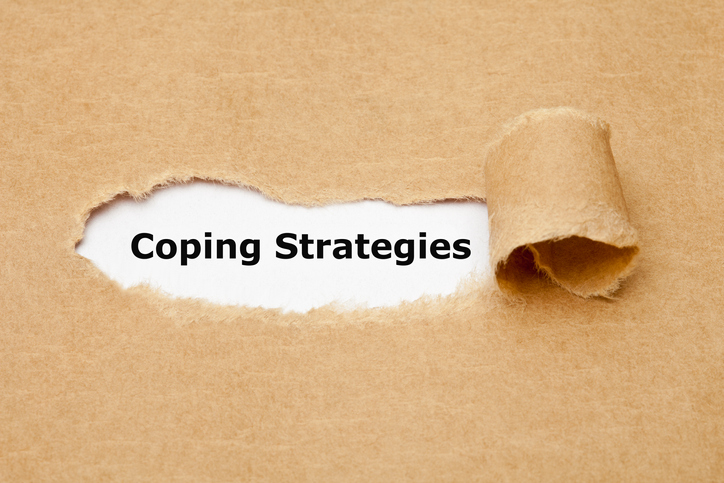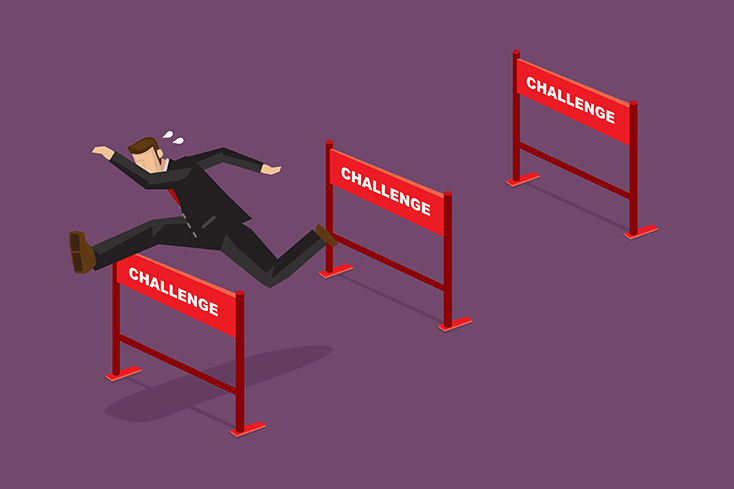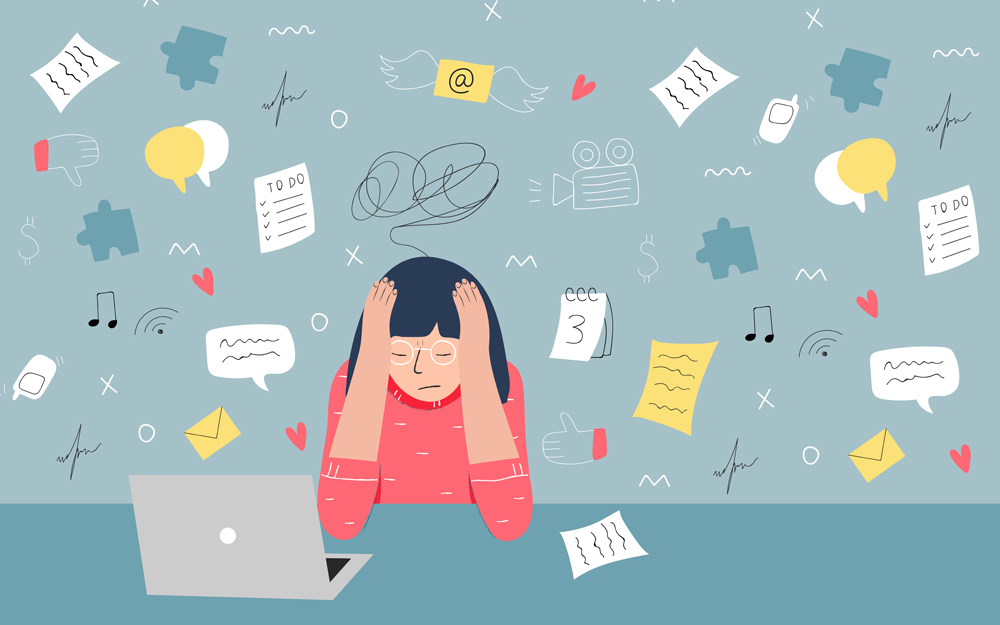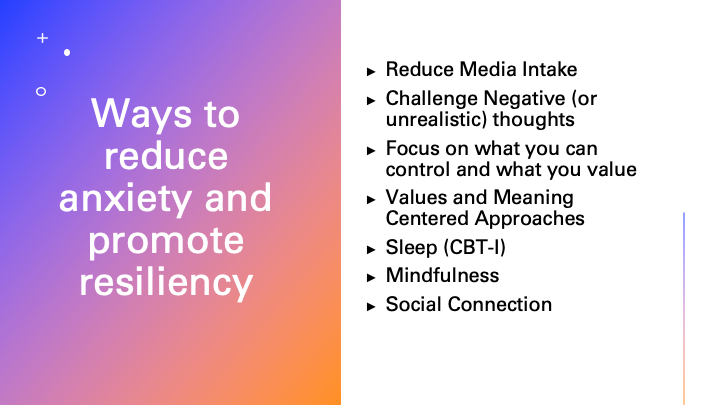To read the full article visit Mental Health America.
For many, the stressors continue to mount as the weeks go by. For many, distress about the election remains, and is now being compounded by rising COVID numbers as we prepare for the holiday season. This may very well lead to increased since of frustration, if not significant mental health challenges, for everyone and especially health care workers. To address this, President of the American Public Health Association Lisa Carlson and Past Chair of the Public Health Education and Health Promotion Johanna Hinman have summarized their advice to manage any concerns that arise. They start by outlining some unique contributors:
- Making the same recommendations over and over
- ”Shouting evidence-based advice into a political void”
- The advent of “armchair experts from unrelated fields” as trusted sources
- Working under a nationally disjointed response
- Seeing the missed opportunities
- Feeling “the wrath of a nation on the edge”
- Experiencing multiple crises at once
- Exhaustion
This can often lead to symptoms including:
- Feelings of fear, worry, numbness, or disbelief
- Changes in appetite
- Difficulty sleeping, concentrating or remembering
- Being easily frustrated
- Physical reactions such as increased tension and pain in the body, or headache
- Increased use of alcohol, tobacco, or substances
So, what do we do?
- Ask for help
- Take breaks from the news
- Take care of ourselves by focusing on the basics (sleep, healthy food, exercise)
- Create structure and maintain routines
- Wind down and rest
- Take reasonable steps to protect ourselves, such as washing our hands often
- Connect with our community to stay grounded
- Get out into nature
Read the full article at Mental Health America.











